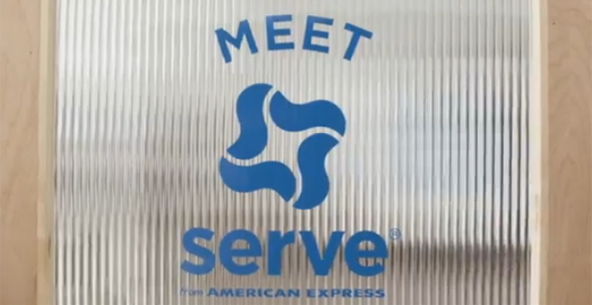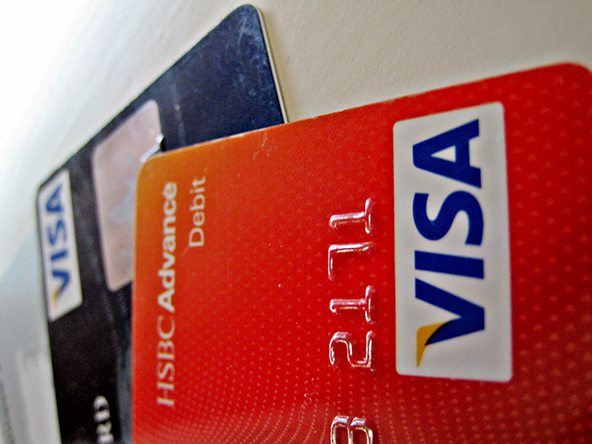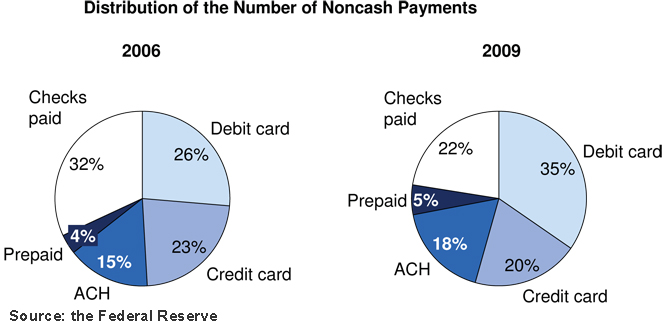Verizon Backs AmEx’s Serve in a Wrongheaded Decision

Having signed up Sprint to help push Serve, its newish mobile payments offering, a couple of weeks ago, American Express has just scored an even bigger coup by inking Verizon, the biggest U.S. mobile carrier, in a bid to quickly establish itself as a leading player in the mobile wallet corner of the nascent industry.
Regular readers of this blog know that we don’t have a particularly favorable opinion of Serve here at UniBul Merchant Services and we did criticize Sprint for having decided to back it up. It should come as no surprise then that we are not ecstatic with Verizon’s decision either, for the reasons I elaborated on in the Sprint post. But there is something more to be said about Verizon’s decision in particular and the overall direction in which it helps take the m-wallet wave.
Why Don’t We Like Serve?
Serve allows American Express account holders to make and receive money transfers to and from other Serve users and to make payments at merchants that accept American Express. Additionally, a Serve prepaid card can be used to withdraw funds from ATMs.
There is nothing novel about this, it is actually precisely the same thing PayPal does, only with the rather big difference that eBay’s subsidiary allows users to link payment cards of all brands to their PayPal accounts. So why would you want to open up a PayPal-like account that would restrict you to using a particular card brand, even if it was the most widely accepted one (and American Express is only the third-biggest)? Not to mention that you probably already have an active PayPal account.
Now, an argument can be made that if AmEx does succeed in achieving some scale with Serve, whatever its flaws, that would be a good thing for consumers by creating competition for PayPal, which has ruled its roost unchallenged for way too long. It is a valid argument, but what about creating a PayPal alternative that lacks Serve’s shortcomings?
Why Verizon’s Decision to Back Serve Is Wrongheaded
Well, as it happens, there is such an alternative and Verizon is part of it. Isis, a joint venture created last November by mobile carriers AT&T, Verizon and T-Mobile, is working on a mobile wallet service that would enable users to store account information of any of their existing payment cards, including American Express.
There is a lot to be said about Isis’ own issues, mostly stemming from a poor planning and decision-making process, and we’ve done it before. However, whether forced on its founders or not, Isis’s current course promises to have the side effect of being greatly beneficial to consumers.
So my question is: if Verizon is already working on a large-scale mobile payments platform that would give consumers the freedom to choose which card brands to use with their account, why would the carrier also get involved in a separate project of the same kind that would restrict consumers to using only one of the payment brands (and only the third-biggest at that)? If this is some kind of a risk hedging strategy, it doesn’t strike me as a particularly smart one.
The Takeaway
I guess chaotic developments and wrongheaded decision-making are precisely what one should expect from an infant industry and many mobile payments protagonists have certainly delivered plenty on both scores. Yet, some of these decisions simply make no sense and Verizon’s backing of Serve falls into this category.
There is no question in my mind that, all other things being equal, consumers will choose the mobile payments platform that gives them the greatest choice of payment products and the widest acceptance at merchant locations. These two features are interconnected. We may still have one or two closed-loop mobile payments systems like Serve around when the dust settles, but these will be boutique operations.
Image credit: Serve.com.



“…why would you want to open up a PayPal-like account that would restrict you to using a particular card brand…”
It seems that the main reason why you dislike Serve is actually incorrect. According to their website, you can link Discover, MasterCard, and Visa.
https://www.serve.com/help/#/add-money-4